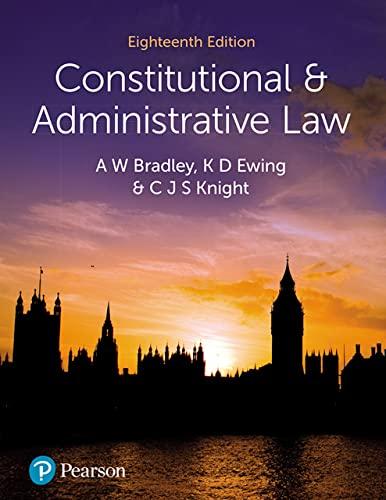Answered step by step
Verified Expert Solution
Question
1 Approved Answer
ARTICLE III DISCHARGE AND DISCIPLINE Section 1. No employee may be discharged, suspended, disciplined or otherwise penalized without just cause. When an employee is terminated,
ARTICLE III DISCHARGE AND DISCIPLINE Section 1. No employee may be discharged, suspended, disciplined or otherwise penalized without just cause. When an employee is terminated, two weeks' pay in lieu of notice will be given to such terminated employee. In the event the employee is discharged for gross misconduct, neither two (2) weeks' notice nor two (2) weeks' pay in lieu of notice is required. Section 2. In cases where the Employer believes that an employee's job performance has become unsatisfactory, such as when an employee is believed to be careless or excessively absent or tardy, the Employer will notify the Union in writing of such belief and the Union and the Employer shall cooperate in investigating the matter and taking corrective measures, if warranted. If the Employer contemplates severe disciplinary action beyond a reprimand, then the Employer will notify the Union in writing of such belief and the Union will promptly acknowledge, in writing, receipt of such notice. The Union need not acknowledge receipt of simple warnings or reprimands in which the Employer does not state that severe disciplinary action is contemplated. No warnings or reprimands shall be considered for purposes of disciplinary action after twenty-four (24) months from the date of the warning or reprimand
Step by Step Solution
There are 3 Steps involved in it
Step: 1

Get Instant Access to Expert-Tailored Solutions
See step-by-step solutions with expert insights and AI powered tools for academic success
Step: 2

Step: 3

Ace Your Homework with AI
Get the answers you need in no time with our AI-driven, step-by-step assistance
Get Started


